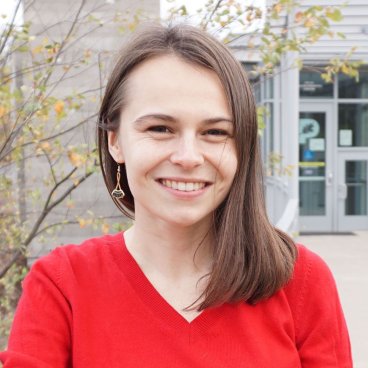ISyE Seminar Series: Bailey Flanigan
"Mitigating Manipulation Incentives in Citizens' Assembly Section"

Bailey Flanigan
Ph.D Student
Carnegie Mellon University
About the seminar:
Citizens' assemblies are a rapidly-emerging paradigm for making democratic decisions. In a citizens' assembly, a randomly-chosen panel of volunteers convenes to learn about a political issue, deliberate, and then come to a policy recommendation. Despite a recent flurry of research on algorithms for randomly selecting assembly participants, a key property of these algorithms remains studied: their manipulability. In particular, the worry is that because these algorithms must satisfy demographic representation constraints according to volunteers' self-reported attributes, volunteers may be incentivized to misreport these attributes to increase their chance of being selected, decrease someone else's chance, and/or increase the expected number of seats given to their own group.
In our paper Manipulation-robust selection of citizens' assemblies, we study the extent to which different selection algorithms permit manipulating agents to achieve these goals. Strikingly, we first show that Leximin — an algorithm that is widely used in practice for its fairness — is highly manipulable, permitting dishonest individuals to increase their chance of selection to 1, and permitting relatively small coalitions to steal half of all available assembly seats. We show the same result for Nash Welfare, another algorithm that is widely available for use. In light of these algorithms' high manipulability, we introduce a new class of selection algorithms based on ℓp norms. We show that the manipulability of the ℓp norm-based algorithm decreases as O(1/n1-1/p) as the number of volunteers n grows, approaching the optimal rate of O(1/n) as p grows large. These bounds are confirmed via experiments in eight real-world datasets.
Bio:
Bailey Flanigan is a fifth-year Ph.D. student at Carnegie Mellon University, advised by Ariel Procaccia. Her work uses the tools of social choice and theoretical computer science to design more equitable, more effective democratic processes. She specializes in deliberative processes (e.g., citizens' assemblies), which include a phase where voters discuss the issue at hand before defining their political preferences. Outside of research, Bailey is passionate about equitable education and led the CS-JEDI project at CMU. Bailey is funded by a Hertz Fellowship and an NSF GRFP.